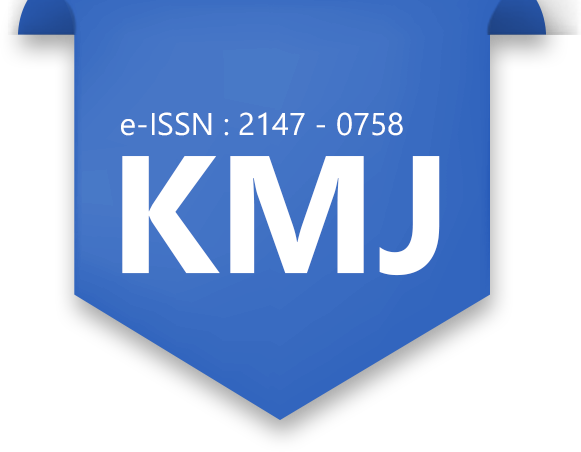
Analgesia based vs conventional sedation techniques for endoscopic retrograde cholangiopancreatography: state of the art
Özlem Sezen, Banu Çevik, Kemal Tolga SaraçoğluUniversity Of Health Sciences, Kartal Dr.lutfi Kırdar Training And Research Hospital,anaesthesiology And Reanimation, Istanbul,turkeyINTRODUCTION: Endoscopic retrograde cholangiopancreatography (ERCP) is a painful intervention and usually requires anesthetic implications. Many drug combinations have been studied for procedural sedation during this procedure and the results show variability. In this study, we aimed to compare the remifentanil monotherapy with the conventional sedation methods during ERCP in terms of clinical security, recovery profiles and the satisfaction of the patients and endoscopists.
METHODS: Sixty patients aged between 18-80 years were randomly allocated into two groups to receive either remifentanil monotherapy (bolus dose of remifentanil followed by infusion) or conventional methods (propofol and/or ketamine combined with fentanyl) for procedural sedation. Clinical characteristics, Ramsey Sedation Score (RSS), recovery score (modified Aldrete score), the satisfaction of patients and endoscopists were considered as measured outcomes.
RESULTS: The cardiorespiratory parameters and adverse reactions were similar in both groups of patients. The endoscopist and patent satisfaction, RSS and recovery characteristics were significantly better with remifentanil monotherapy.
DISCUSSION AND CONCLUSION: The usage of remifentanil alone may be considered as an alternative treatment of choice during procedural sedation in ERCP due to its safety clinical performance and providing better sedation level, recovery period and satisfaction.
Endoskopik Retrograd Kolanjiyo Pankreatografi için analjezi bazlı ve konvansiyonel sedasyon teknikleri
Özlem Sezen, Banu Çevik, Kemal Tolga SaraçoğluSağlık Bilimleri Üniversitesi Kartal Dr. Lütfi Kırdar Eğitim Ve Araştırma Hastanesi, Anesteziyoloji Ve Reanimasyon,i̇stanbulGİRİŞ ve AMAÇ: Endoskopik retrograd kolanjiyopankreatografi (ERCP) ağrılı bir girişimdir ve genellikle anestezik uygulamalar gerektirir. Bu işlem sırasında işlemsel sedasyon için birçok ilaç kombinasyonu çalışılmıştır ve sonuçlar değişkenlik göstermektedir. Bu çalışmada remifentanil monoterapisini ERCP sırasındaki geleneksel sedasyon yöntemleriyle klinik güvenlik, derlenme profilleri, hasta ve endoskopist memnuniyeti açısından karşılaştırmayı amaçladık.
YÖNTEM ve GEREÇLER: 18-80 yaşları arasındaki altmış hasta, işlemsel sedasyon için, remifentanil monoterapisi (bolus remifentanilin ardından infüzyon) ve geleneksel yöntemler (fentanil ile kombine edilmiş protafol ve / veya ketamin) olmak üzere rastgele iki gruba ayrıldı. Klinik özellikler, Ramsey Sedasyon Skoru (RSS), derlenme skoru (modifiye Aldrete skoru), hasta ve endoskopist memnuniyeti ölçülen sonuçlar olarak kabul edildi.
BULGULAR: Her iki hasta grubunda da kardiyorespiratuar parametreler ve advers reaksiyonlar benzerdi. Hasta ve endoskopist memnuniyeti, RSS ve derlenme özellikleri remifentanil monoterapisi ile anlamlı derecede daha iyiydi.
TARTIŞMA ve SONUÇ: Tek başına remifentanilin kullanılması, ERCP'de işlemsel sedasyon sırasında güvenli klinik performansı ve daha iyi sedasyon seviyesi, derlenme süresi ve memnuniyet sağlaması nedeniyle tercih edilen alternatif bir tedavi olarak düşünülebilir.
Manuscript Language: English












